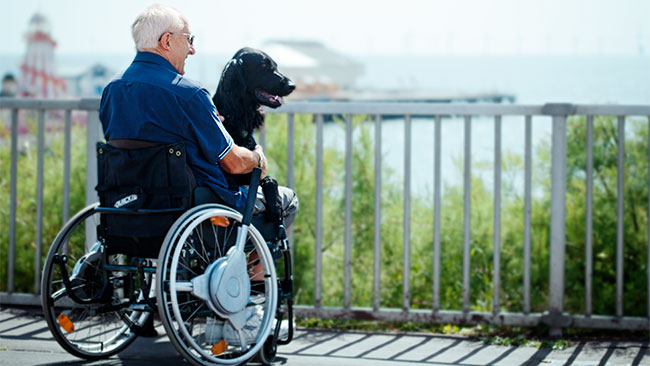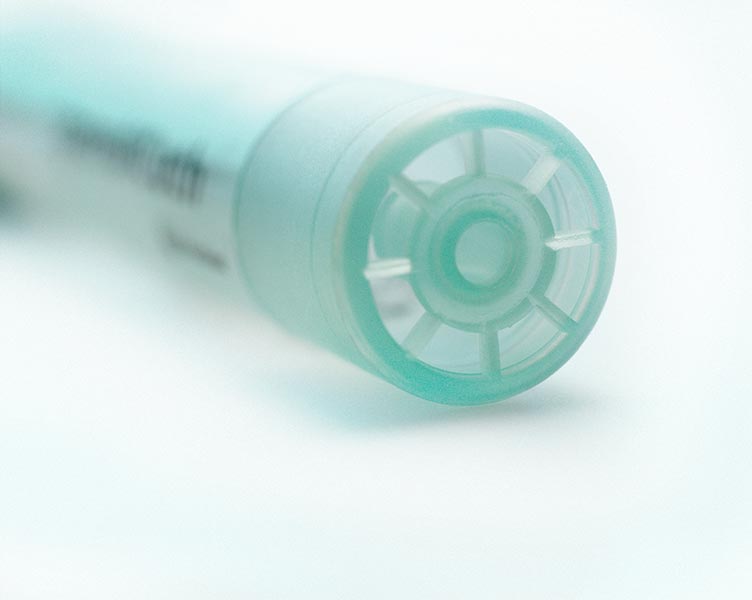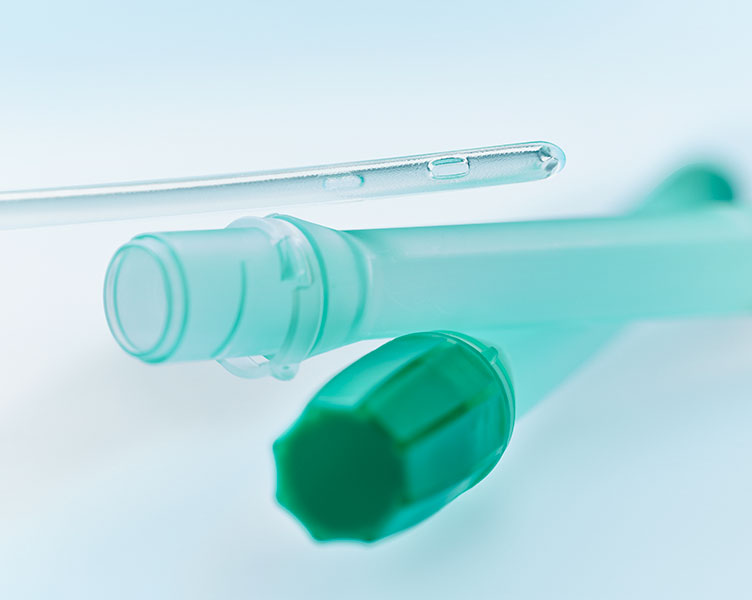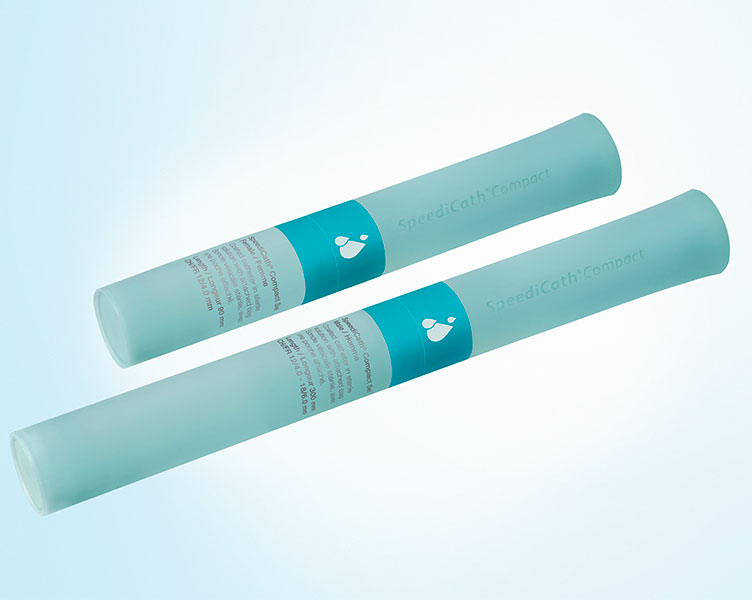Are you confused about the NDIS and what it means for your bladder care? How does the scheme work, who is eligible and what is covered? If you are eligible, when will it go live in your area, what is the process and how can you best prepare?
We'll try to give you simple answers to these questions and more on this page. If you would prefer to speak to someone, give us a call on 1800 880 427 (free call) and one of dedicated NDIS Advisors will call you back.

What is the NDIS?
The National Disability Insurance Scheme (NDIS) is a once in a generation funding reform that aims to improve the lives of people with a disability in Australia.
People with a disability have the right to decide their own best interests, and to have choice and control over their lives and the supports they receive.
Through the NDIS, people with a disability will be able to access the reasonable and necessary supports they need, to live the life they want and achieve their goals and aspirations.
The NDIS replaces the existing state system with an approach based on an entitlement to support people with a disability.
The NDIS started in 2013 as a trial in a number of locations with the full rollout to start progressively from July 2016. It is expected that the full scheme will be rolled out nationally by the end of 2019.
Who is eligible?
There are four requirements for eligibility into the NDIS.
- Do you usually need support from a person or equipment to do everyday things for yourself because of an impairment or condition that is likely to be permanent?
- Do you have Australian residency or a special category visa?
- Are you under 65 years old?
- Do you live in an area which is transitioning into the NDIS?
Each state and territory have different role out schedules which will transition people to the NDIS from the 1st July 2016 to 2019.
If you answered yes to each of these questions then you may be eligible, please contact the NDIS on 1800 800 110 to confirm or visit the NDIS website for more information.
What is funded under the NDIS?
The NDIS will fund "reasonable and necessary" supports that are related to your disability and help you to achieve your goals and aspirations across a range of areas such as:
- Daily living
- Home
- Relationships
- Health & wellbeing
- Lifelong learning
- Work
- Social and community participation
- Choice and control
Some assistive technologies like continence related equipment and products will be funded.
What happens if I am eligible?
This is generally what you can expect will happen after you contact the NDIA (National Disability Insurance Agency) to discuss your eligibility:
1. Make an appointment
- An appointment will be made for you to meet an NDIS planner or local area coordinator.
- At your first appointment your planner/local area coordinator will confirm your eligibility.
2. Think about what you want from life
- The planner/local area coordinator will discuss how you would like to live your life and the reasonable and necessary supports you need.
3. Choose your supports
- If you wish, the NDIA can help you choose your supports based on your individual plan, or you can manage this yourself.
- The NDIA will discuss your preferences with you and, if you wish, your family and carers too.
4. Implement your plan
- How you want to manage your individual funding.
- Your preferred support providers.
5. Stay in touch
- From time to time your planner/local area coordinator will contact you to check whether your plan is still helping you work towards your goals.
How to prepare for your planning meeting?
What is your life like now?
How does your current continence management and products impact on your ability to participate in activities such as education, work and social activities? What is working well and what would you like to improve? Do you ever have any problems such as UTI's or accidents? Is there a different product you would like to try?
Aids, equipment or modifications
What products do you use to help you manage your continence issues? List all products that are part of your continence routine, even the smallest items such as gloves or disinfectant hand gel. Are these appropriate for your needs? Do they support you in your ability to socialise and meet your other goals through the NDIS? Could they work better? It's a great idea to get help from a suitable healthcare professional or continence advisor in this area including a written assessment.
Your goals
There may be things you want to achieve in the short and longer term which are impacted by your current continence issues. Think about the supports you already have in place and if any part of your continence routine is causing a barrier to you achieving your goals. What steps do you need to take to get where you want to be? Your goals may include specifics around employment, social participation, independence, living arrangements and health and wellbeing.
Using the right continence products can help you with your goals in the NDIS
Sometimes you can get used to the way you do things and the routines you have when it comes to your bladder and bowel. It works as well as you think it can, and you have learnt to live your life around the way that your bladder or bowels work. But it doesn’t have to be like that. With the NDIS the act of balancing between what is right and what you can afford shouldn’t need to happen anymore. New technology means that you can use products that will mean your continence routine will interfere less with your daily routine and allow you to do more.
For more information and to get free product samples, give our dedicated team a call on 1800 880 427.



